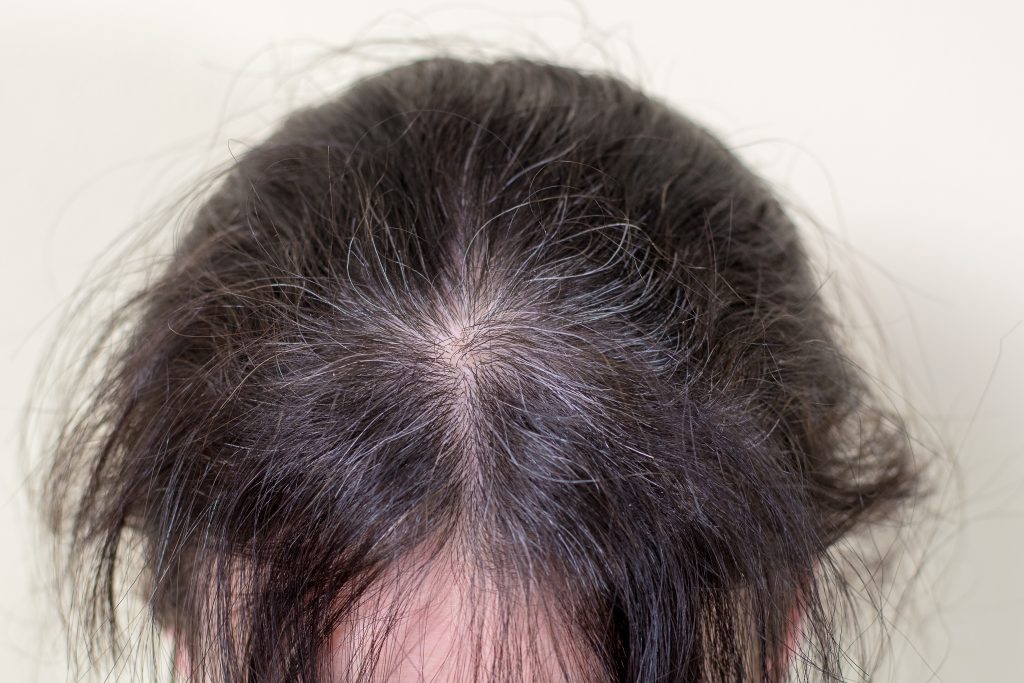この記事の概要
Hair transplant surgery is a treatment that not only improves appearance but also has a significant psychological impact on many people suffering from thinning or balding hair. Understanding the psychological impact of the surgery can help to reduce preoperative anxiety and postoperative satisfaction. This article will discuss the psychological aspects of hair transplantation in detail.
1. Positive psychological effects of hair transplantation
Improved self-esteem and confidence
Improve your appearance: Thinning hair or baldness can have a huge impact on self-esteem and confidence for many people. Restoring your natural hair with a hair transplant can improve your confidence in your appearance.
Social Confidence: Having thick hair makes you feel more confident in social situations without worrying about what other people think or judge you. You will be able to act more proactively at work and in your private life.
Improving mental health
Reduced stress: The stress and anxiety caused by thinning hair will be reduced, allowing you to feel more relaxed in your daily life. Reducing stress also improves your overall mental health.
Relieve depression: Thinning hair can sometimes lead to depression, but improving your appearance with a hair transplant may alleviate your depressive symptoms.
Improved social relationships
Improved interpersonal relationships: Being more confident in your appearance will make it easier to communicate with others. Your interpersonal relationships will improve and your bonds with friends and family will deepen.
Improved work performance: Increased self-confidence makes you more proactive and performs better at work. This may also increase opportunities for career advancement.
2. Negative psychological effects of hair transplantation
Anxiety and fear before surgery
Fear of surgery: Due to the nature of surgery, you may feel fear of pain and the surgery itself. As anxiety about surgery increases, psychological stress also increases.
Anxiety about results: There is also anxiety about whether the results after surgery will be as expected. Especially in the first few months, you may feel anxious because you don’t see results.
Psychological stress after surgery
Concerns about the recovery period: During the recovery period after surgery, the condition and appearance of your scalp may worsen temporarily. There may be anxiety and stress about this period.
Gap between expectations: Disappointment and frustration can occur if the results after surgery are not as expected. For this reason, it is important to have realistic expectations before surgery.
3. Psychological care before and after hair transplant surgery
Pre-surgery preparation and counseling
Pre-counseling: Pre-counseling with a specialist can reduce your anxiety by providing a detailed explanation of the details of the surgery, risks, and expected results.
Psychological support: If necessary, it may be helpful to receive support from a psychological counselor. Discussing your fears and anxieties about surgery with a specialist can help you prepare mentally.
Post-surgery support
Explanation of post-surgery care: Receiving detailed instructions from your doctor about post-surgery care and responding appropriately can reduce anxiety during the recovery period.
Follow-up: Regular follow-ups allow you to check your progress and receive support if needed. Staying in close contact with your doctor can give you peace of mind.
Realistic expectations setting
Realistic goals: It is important to set realistic expectations before surgery. Having too high expectations can lead to greater disappointment with the results.
Review success stories: Reviewing success stories from other patients can help you adjust your expectations and have a realistic outlook for post-surgery results.

4. Social and cultural influences
Beauty standards and cultural expectations
Beauty standards: In many cultures, hair is a symbol of beauty and youthfulness. Therefore, the amount and condition of hair greatly affect an individual’s self-evaluation and social evaluation.
Cultural expectations: If certain cultures or societies have high expectations for hair volume and appearance, the psychological pressure of hair loss can be intense. Hair transplantation is often chosen as a means to meet these expectations.
media influence
Media influence: Media and advertising can emphasize the image of beautiful hair. This can create psychological pressure for people suffering from hair loss.
Celebrity Influence: Celebrities and influencers who undergo hair transplant surgery and publicize their results can motivate the general public to undergo hair transplant surgery as well.
In conclusion
For many people suffering from thinning hair or baldness, hair transplant surgery not only improves their appearance, but also has great psychological effects. There are many positive effects, including increased self-esteem and confidence, improved mental health, and improved social relationships. However, there are also negative effects, such as anxiety before surgery and a gap in expectations after surgery. Having realistic expectations and receiving appropriate psychological support before surgery can increase post-surgical satisfaction. Understand the psychological effects of hair transplant surgery, including social and cultural influences, and take the first step toward regaining your confidence and health.
Hiro Clinic Hair Transplant
At Hiro Clinic, we recommend Natural Pro FUE treatment, which treats hairless areas where oral treatment or injection therapy is not effective, and leaves almost no visible scars. By harvesting hair roots from the back of the head and shaving the area, post-surgery management is easier, and only the required number is transplanted with a natural-looking finish. It can be performed as a same-day surgery using local anesthesia, provides gradual hair growth at an affordable price, and can be safely performed in Japan.








